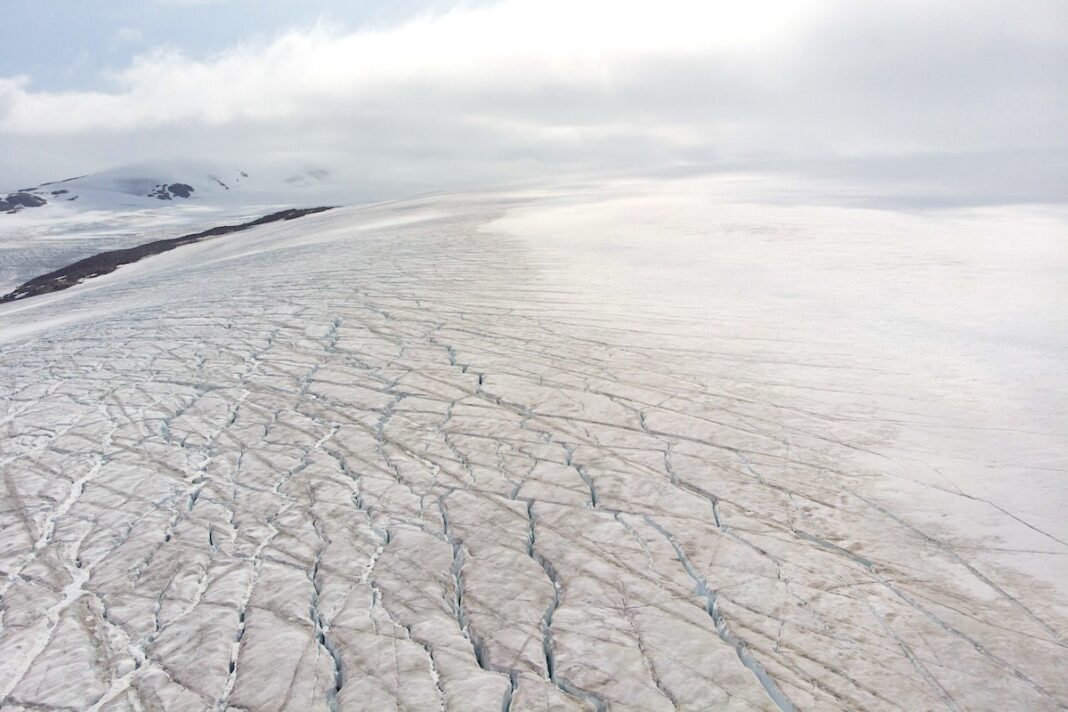As snow retreats across the Greenland ice sheet, dark algae rapidly spreads, intensifying ice melt. Their dark pigmentation absorbs more heat from the sun, creating a self-reinforcing cycle of warming and melting. According to a new study, the harsh conditions atop the ice sheet do little to hinder their advance.
Researchers used advanced imaging to analyze Ancylonema algae cells and discovered their resilience in nutrient-scarce environments. “They don’t require large amounts of external nutrients to grow, meaning as more bare ice is exposed, these algae are perfectly positioned to expand,” explained James Bradley, study coauthor from Queen Mary University of London.
With the ice sheet melting faster than ever, the spread of dark algae highlights an urgent and overlooked factor accelerating glacial loss. Read More
News Credit: Yale Environment 360
Picture Credit: Laura Halbach



